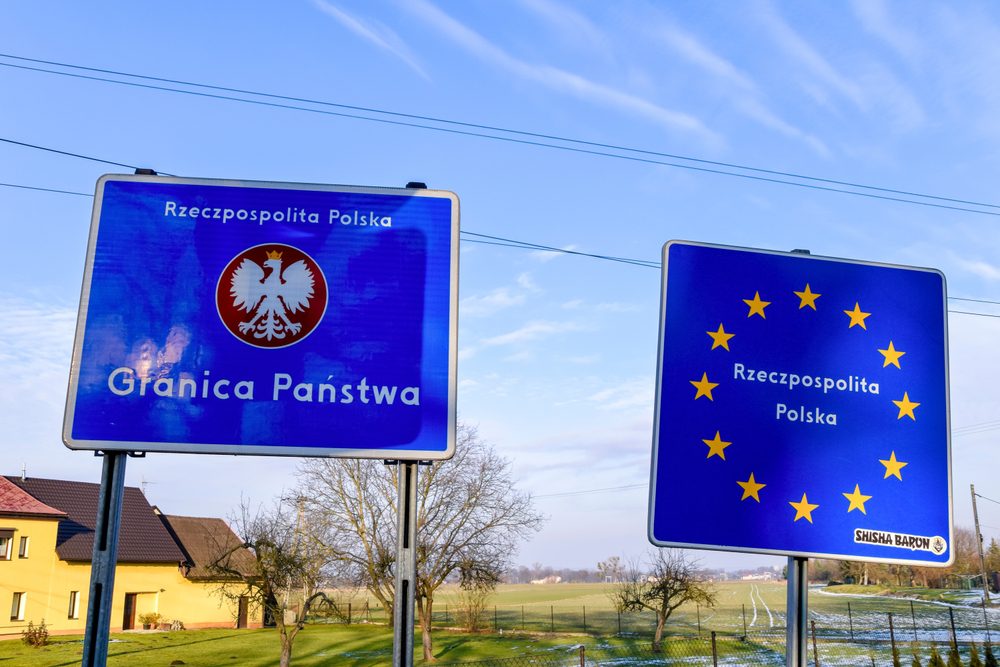
The Polish government is halting controversial plans to liberalise the country’s visa system with the third world and potentially grant 400,000 annual work permits to 21 non-EU nations such as Nigeria, India, and Pakistan after political pressure was piled on the ruling PiS party.
Warsaw had hoped to streamline its visa process for foreign labourers through centralisation requiring applicants to apply directly with the Polish Ministry for Foreign Affairs instead of their various local consultants to cut down on processing time.
According to media sources, the ruling PiS party has this week dropped the plans due to fears that it would jeopardise their lead in upcoming Polish elections as immigration becomes a major hot potato in the current race.
Government figures, including Poland’s Deputy Foreign Minister Paweł Jabłoński, had defended the reforms as late as last week saying that they were necessary in the face of labour shortages and were just a small technical change to reduce needless bureaucracy.
Despite taking a rhetorical stance against third world immigration at the EU level, PiS has received fire from parties further to the Right—such as the electorally surging Confederation Party—who say the country’s conservative government is making the same mistakes as Western Europe when it comes to leniency towards immigration.
Earlier this week Islamic immigration became a talking point in the Polish electoral campaign in response to race riots in France. Even liberal opposition figures, most notably Donald Tusk, voiced their objections to mass immigration from Muslim countries.
Ironically, PiS has faced criticism from the Left regarding immigration as figures within the liberal Civic Platform opposition group referred to the visa reforms as “scandalous” and likely to be abused by migrants.
Poland is experiencing a surge in migration numbers on the back of positive economic growth. Refugees from Ukraine alone measured 1.3 million.
Warsaw, along with Budapest, has successfully frustrated recent EU attempts to impose mandatory asylum quotas on member states, although Poland fears another round of weaponised migration on its eastern frontier with Belarus. Poland is planning a referendum on new EU asylum rules as reports surface of a new wave of non-European migrants attempting to enter Europe through Poland’s eastern border this week.
